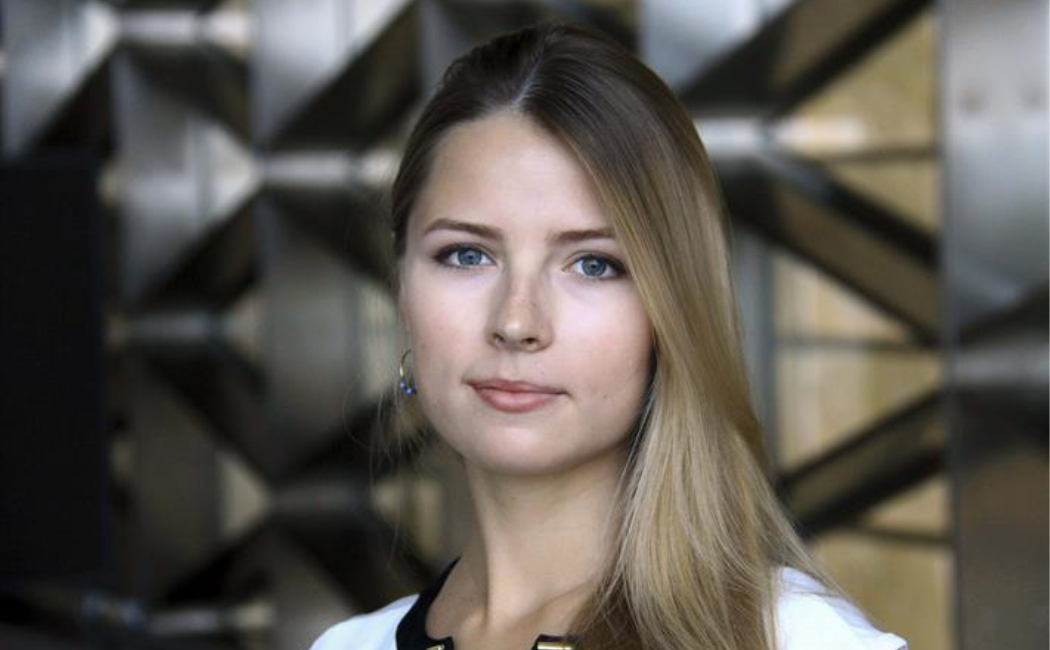


14 October, 2017
KAUST Ph.D. student Sofya Mudrova won the best poster award at the 4th International Congress on Invertebrate Morphology (ICIM4) in Moscow, Russia. The congress was held at the Lomonosov Moscow State University (MSU) from August 18 to 23. The event, which was organized by the MSU faculty of biology, brought together members of the global scientific community to discuss and share ideas in the field of invertebrate morphology and to highlight modern achievements in the field of functional morphology and paleontology.
Mudrova is currently a Ph.D. candidate in marine science and engineering and is based in the KAUST Reef Ecology Lab under the supervision of Michael Berumen, associate professor of marine science. Prior to KAUST, she completed her master’s degree in the Department of Invertebrate Zoology at MSU under the supervision of Dr. Slava Ivanenko.
The ICIM4 congress also covered many topics in the field of morphology, including the synthesis of classical morphology with advances in molecular taxonomy and phylogeny; evolutionary developmental biology; investigations on the structure of different groups of invertebrates; and the problem of miniaturization and the evolution of larval forms.
“It was the fourth conference, so it is still pretty new, but there were some really big scientists in attendance. Among them were zoologists responsible for discovering of new phyla of microscopic animals and creating new theories of invertebrate evolution. It was nice to be part of such an esteemed crowd,” she noted.
During the last year of her master's degree studies in 2014, Mudrova visited KAUST, where she had the opportunity to see Red Sea coral reefs in person and work in one of the University’s Laboratories. In August of 2015, she joined Berumen’s Reef Ecology Lab as a Ph.D. student.
“I first came to KAUST in 2014 as a visiting student with my professor with whom I was doing my diploma work. He came here to take part in a research cruise, and I did some work in the lab. I was amazed by the KAUST campus and the educational and research opportunities KAUST provides for its students and employees, and when I met Professor Berumen, I felt I wanted to come back here to study,” Mudrova said.
By David Murphy, KAUST News